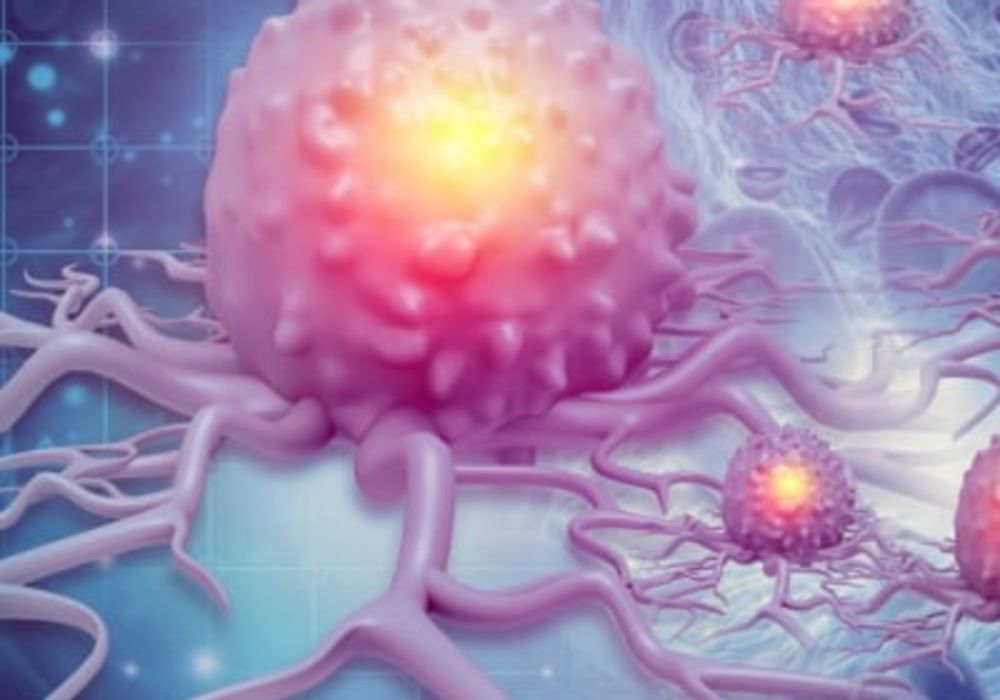A recent study published in Cancer Discovery has provided groundbreaking insights into the mechanisms behind breast cancer relapse, revealing how cancer cells can enter a dormant state to evade treatment and later re-emerge, causing a relapse that is more challenging to manage. Led by researchers at The Institute of Cancer Research, London, the study focuses on the role of epigenetics in controlling the dormancy and reactivation of cancer cells, offering promising avenues for targeted therapies to prevent relapse.
Understanding Epigenetic Changes
Epigenetic changes refer to modifications that alter the way our body reads DNA without changing the DNA code itself. These changes play a crucial role in regulating gene expression and can influence various cellular processes, including cancer development and progression. In the context of breast cancer, particularly in patients with oestrogen receptor-positive (ER+) breast cancer, which accounts for 80% of all breast cancers, understanding these epigenetic changes is vital due to the continued risk of cancer recurrence even years or decades after the initial diagnosis and treatment.
Hormone Therapy and Epigenetic Dormancy
The research team found that hormone therapy, commonly used to target remaining cancer cells and reduce the risk of recurrence in ER+ breast cancer patients, can inadvertently trigger specific epigenetic changes that induce dormancy in some cancer cells. These changes, such as the modification of histone H3 at lysine 9 (H3K9me2), were identified as key regulators controlling the transition of cancer cells into a dormant state. Once these cells enter dormancy, they remain in this quiescent state until they "awaken" and begin to proliferate again, leading to cancer relapse. Using innovative techniques, including tagging cancer cells with unique barcodes and employing mass spectrometry, the researchers were able to mimic hormone therapy in a laboratory setting. They observed that while many cancer cells were killed, others entered a dormant state characterized by altered histone modifications, particularly H3K9me2, providing valuable insights into the epigenetic mechanisms underlying cancer cell dormancy.
Targeting Epigenetic Regulators to Prevent Relapse
To explore the potential of targeting these epigenetic changes to prevent cancer cell dormancy and subsequent relapse, the researchers focused on inhibiting the enzyme G9a, which catalyses H3K9me2. Their findings were promising, as blocking G9a not only prevented dormant cells from entering a quiescent state but also effectively killed dormant cancer cells, offering a potential strategy to eliminate these elusive cells before they can reawaken and cause a relapse. Further analysis of patient data revealed that breast cancer patients with low expression levels of enzymes like G9a had a significantly reduced risk of relapse over a span of 15-20 years, underscoring the clinical relevance of targeting epigenetic regulators to improve patient outcomes.
Future Directions and Implications
Professor Luca Magnani, a key researcher involved in the study, emphasised the importance of these findings in understanding why breast cancer returns after initial treatment. He expressed optimism that targeting dormant breast cancer cells through epigenetic regulation could pave the way for innovative treatments that offer patients long-term protection against cancer recurrence without the need for prolonged hormone therapy. Professor Kristian Helin, Chief Executive of The Institute of Cancer Research, highlighted the growing body of evidence supporting the role of epigenetic regulation in cancer's complex behaviour. He emphasised that cancer cells can adapt and evolve to evade treatment by entering a dormant state, and this study provides valuable insights into the mechanisms underlying dormancy and reactivation, offering new avenues for developing targeted therapies to prevent cancer relapse. Dr Tayyaba Jiwani from Cancer Research UK acknowledged the progress made in breast cancer survival due to improved detection and screening but emphasised the need for innovative approaches to understanding dormant cancer cells and developing targeted treatments to prevent cancer recurrence.
This groundbreaking study offers valuable insights into the role of epigenetics in controlling breast cancer cell dormancy and relapse. By uncovering the mechanisms that enable cancer cells to enter and exit dormancy, the research opens new avenues for developing targeted therapies that could potentially prevent cancer recurrence and improve long-term outcomes for breast cancer patients worldwide. While the study is still in its early stages, the promising findings pave the way for future research aimed at harnessing the power of epigenetic regulation to combat cancer relapse effectively.
Source: Cancer Discovery
Image Credit: iStock























